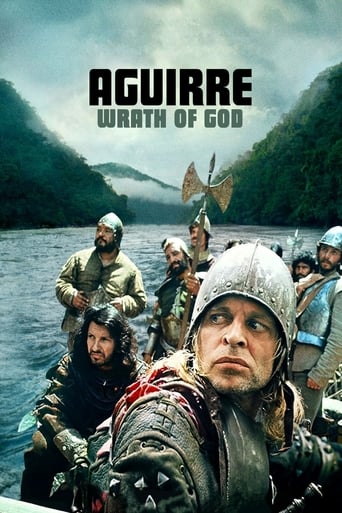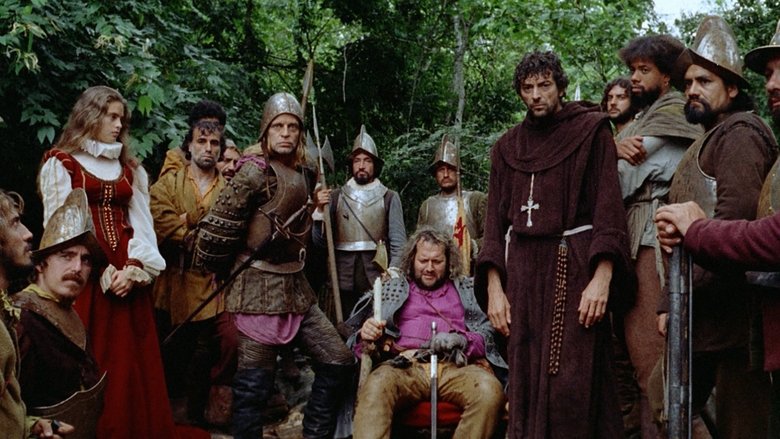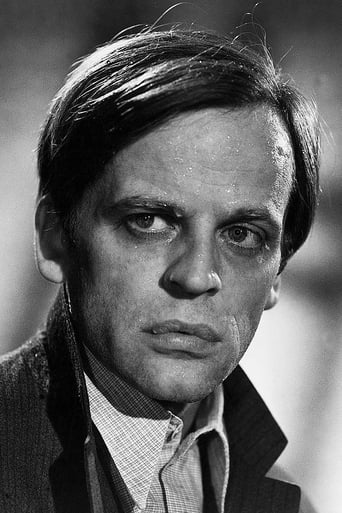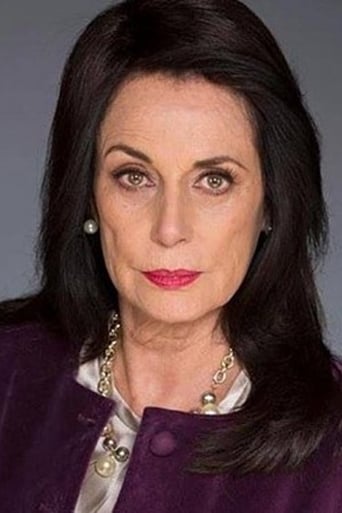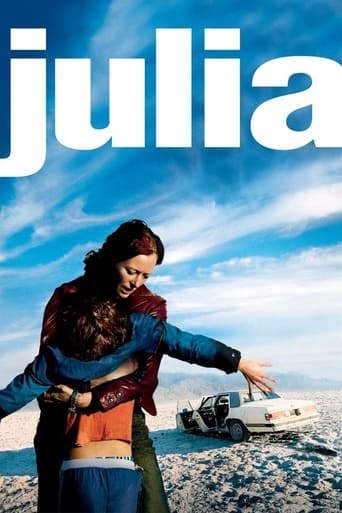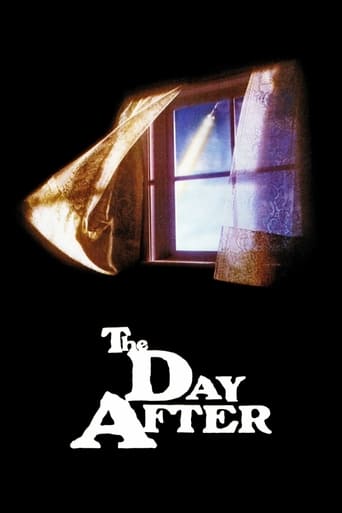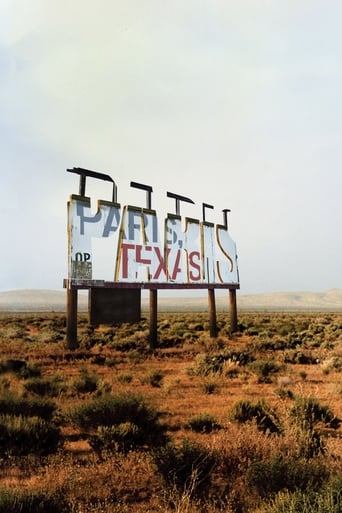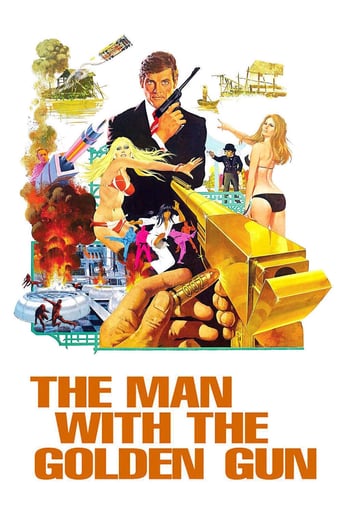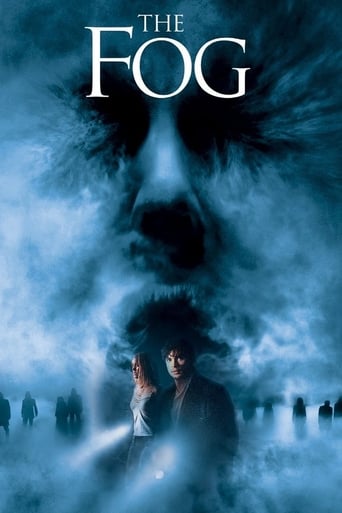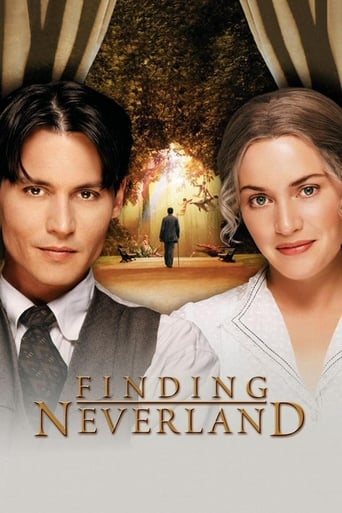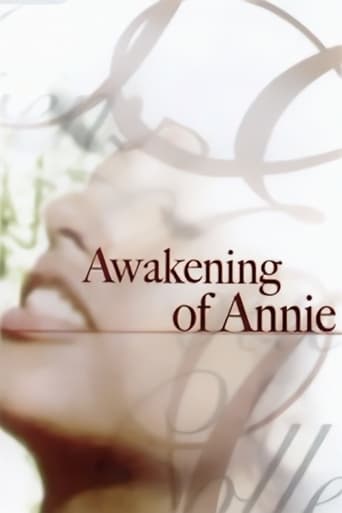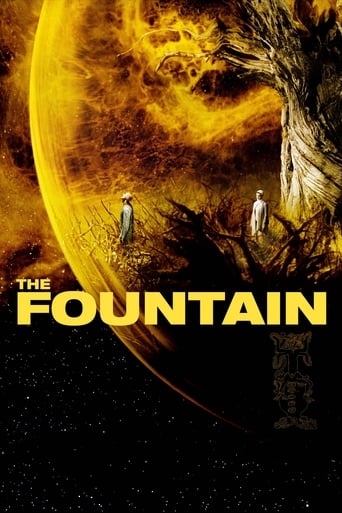Aguirre, the Wrath of God (1972)
A few decades after the destruction of the Inca Empire, a Spanish expedition led by the infamous Aguirre leaves the mountains of Peru and goes down the Amazon River in search of the lost city of El Dorado. When great difficulties arise, Aguirre’s men start to wonder whether their quest will lead them to prosperity or certain death.
Watch Trailer
Cast


Similar titles
Reviews
Touches You
Such a frustrating disappointment
Did you people see the same film I saw?
Let me be very fair here, this is not the best movie in my opinion. But, this movie is fun, it has purpose and is very enjoyable to watch.
In a way quite similar to Scorsese's Taxi Driver, Aguirre, the Wrath of God is primarily about a ride straight into madness. In this case this is due to the obsessive nature of humanity and the indifference one has with other concerns when faced with a promise of riches.It is a colorful, yet eerie and haunting movie because of the eeriness of the soundtrack and the visual deterioration of the expedition ( aswell as the unseen natives picking them off one by one ) as the journey progresses. There is a constant suspenseful silent feel around the film which seems like anything could happen at any moment. In the end it is obviously about Klaus Kinski's character and his greedy psychopathic madness which causes him to keep going on a never ending quest for El Dorado, a mythical illusion symbolizing the emptiness of man's obsessive compulsion.Klaus Kinski is, ofcourse, excellent as the crazed 'Don' Aguirre. His facial acting screams out the word 'madness' ( Quite possibly so convincing because Kinski himself has been described as a madman in real life. ) and his path strays further and further from humanity as the film progresses, eventually even showing indifference to his daughter. Unfortunately none of the other characters are quite as fascinating as Kinski, which makes the film in turn revolve more around him, but he carries it with such conviction that this does not lesser the film's quality by that much. There is little dialogue, and there is a lot of silence throughout the movie, emphasizing the inner dilemma of the question whether 'El Dorado' is even real.The movie's on location shooting results in beautiful shots all the way through. The first one is obviously the greatest one. In the first shot of the film, we see a staggering view of the entire expedition making its way down the mountain, symbolizing how little we are in quest for riches beyond our belief. As a combination of movement and cinematography, the opening scene also has to be one of the greatest and most beautiful openings to a film ever made. One of the slightly lesser qualities of the camera work seems to be Herzog's tendency to film with a moving camera on things like the rafts or at the indian village causing it to become quite bouncy and difficult to see what's going on. This was probably implemented to improve the audience's immersion, but still widescreen shots still seem like the better way to go.It is in the end not about a quest for gold, but a study on how greed affects the obsessive nature of man and changes a man for the worst. This obsession causes man to develop illusions of themselves to neglect any kind of argument that it cannot be real, and this is displayed perfectly in the final stages of the film. With a masterful Kinski performance, excellent on location cinematography ( except for lesser handheld shots ), a great psychology on greed and obsession and a great moral dilemma ( Ursua being the voice of reason, and Aguirre madness ) it is a great film.
Herzog's third fiction feature, made when he was only 30, AGUIRRE, THE WRATH OF GOD is a genuine astonishment in the world cinema and its status as the magnum opus among Herzog's eclectic canon has been here to stay 45 years on. The sublime aerial shots which open the film ram home that the painstaking endeavor is the real deal, the crew does go off the beaten path into the ethereal mountains, a mesmerizing hands-on style of filmmaking which has its built-in allure simply because who will not be in awe of a film takes so much human labor against the elemental force to make itself happen (the legendary Herzog-Kinski pair would go to extremes in FITZCARRALDO, a decade later), particularly at a time when the preponderance of offerings hitherto had been studio- bound, steeped in artificial aesthetics.In search of El Dorado, in the mid-16th century, a gold-crazed contingent of Spanish conquistadors goes deep into the Peruvian rain forest, lead by Pedro de Ursúa (famed Portuguese filmmaker Guerra), second-in-command Lope de Aguirre (Kinski), Brother Gaspar (Negro), a rotund nobleman Fernando de Guzmán (Berling), among others, two females, Inés (Rojo), Ursúa's wife and Florés (Rivera), Aguirre's teenage daughter, and many Indian slaves. Most of the time, the team steers their route on rafts, but comes in for successive adversities in the hands of the unfathomable nature mother, one raft trapped by an eddy among the rapids causes a horrific aftermath, just when Ursúa commands to abort the scouting mission and backtrack, Aguirre precipitates a mutiny, keeps a wounded Ursúa as prisoner and puts Guzmán on the throne as the emperor of the new kingdom, because he firmly believes, they will find the gold, then their mission continues.Story-wise, the film is pretty garden-variety, and decidedly trimmed down to the nexus, Aguirre and co. are real historical personages, the expedition and mutiny are true happenings, but Herzog fictionalizes their journey en route and the grim wind-up. Barely landing their feet on solid soil, the conquistadors are singled out one by one by unseen enemies hidden in the forests through poisoned arrows, often proceeded by dead silence.However, in Herzog's method, the suspense and dreadfulness is toned down by his dispassionate temperament, which would be made into great play in his equally robust documentary filmmaking. Merely watchful and often centering on Kinski's distinctively fierce and emotive visage, the camera expends more time perusing the biome's vista (the ship snagged on top of a tree is a coup de maître of the then young filmmaker, flagging up its powerful metaphoric impact and ludic whimsy) than engaging in the narrative proceedings as their ill-fated destiny lurking ahead, until the final majestic 360-degree twirling shot sending the megalomaniac stranded with numerous skittish monkeys on the raft, paranoid, bereft and dream-dashed.In any fair sense, the film is less potent as a character analysis of an outrageous madman than a gorgeous landscape porn, utterly otherworldly for those outsiders, but Kinski still hounds you with his muted aggro, lunacy and repellence (by dint of Herzog's tactful maneuver, who deliberately lets Kinski rip in his more frenetic performance, but saves the actual shots for the moments when he is abated or simply worn out), which would go beyond the pale in FITZCARRALDO, but here, the final impression is much more balanced and nuanced.One cannot finish the review without mentioning the acclaimed score composed by the West German avant-garde band Popol Vuh, it is unearthly but not intrusive, a bespoke incident music which leaves its repercussions long after the film reaches its finish-line.
As Bette Davis said: Fasten your seat belts, this is going to be a bumpy ride.A tough film to classify, let alone enjoy, "Aguirre The Wrath Of God" is at times an adventure story, a psychodrama, a surrealist tone poem, and a black comedy. What keeps it together is the visual splendor of its real-life setting – the Amazonian rain forest – and a mesmerizing central performance by the moldbreaking Klaus Kinski.In the beginning of 1561, a team of Spanish explorers are sent off by Gonzalo Pizarro to locate the fabled city of gold, El Dorado. They decide in short order to break away and declare their independence instead, as a self-declared empire under the nominal command of one Fernando de Guzmán (Peter Berling) but really run by the unhinged Lope de Aguirre (Kinski), who seems to be taking his orders from the wild jungles that surround him.Writer-director Werner Herzog gets strong mileage from riding the anarchy of both Kinski's performance and the Amazon River, delivering a powerfully immersive cinematic experience. It never quite gels as a story or character study, instead focusing on stand- alone images that remain in one's mind after the film is over."Our land is already six times larger than Spain, and every day we drift makes it bigger," Guzmán gloats."Have you seen any solid ground recently to support your weight?" Aguirre sneers.What is the point of the movie? Herzog himself says it was written in a sudden burst of creativity, without much attention to historic detail. I see it as a send-up of man's hubris, thinking they can build something ordered and profitable where "God's creation is not finished." But there are not a lot of signposts to work with here.It's a fascinating film, however muddled. You can watch the German- language version and the English-language version and get two very different experiences. Aguirre himself comes off a little less nutty in the English version, which also offers more context as to what is going on. Both versions are dominated by an awesome silence, however.Exactly when Aguirre and his crew go over the edge is hard to say. Actually, in the very beginning of the film, Aguirre is the sane one, telling Pizarro "we're all going to go under" when the latter airily pronounces the worst is over. But once Pizarro sets him loose, Aguirre seems to work up an appetite for self-destruction that only Indian arrows can cure."I'm the greatest traitor," he tells his crew, late in the movie when there's much less of them to order about. "There must be no other."As tedious as "Aguirre" the film often gets, with long static shots of non-actors talking to themselves and repetitious scenes featuring variations on cruel death and vainglory, it never bores with Kinski at the helm. His beady eyes and wild shoulder motions are used to masterful effect. Apparently, Herzog worked Kinski on-set to freak out often, just so the actor would then cool down and the director could then film shots that work. The result is a quiet but menacingly unstable performance that keeps an otherwise random- feeling film together all the way.I can't quite get on board with the masterpiece verdict many spout, but for 94 minutes "Aguirre" runs you through the mill and gives you a lot to chew on. Not perfect, just pretty good.
My expectations going in to this film were pretty high given its critical acclaim and reputation. Grizzly Man is the only other Herzog film I have seen and it happens to be my current favorite documentary of all time, so needless to say I was quite excited to see another film by him. And I'm happy to report that, although on a first viewing I didn't love it to quite the same degree as Grizzly Man, Aguirre: The Wrath of God definitely did not disappoint. I was quite interested to see what Herzog's style would be like as a filmmaker working with his own script and actors rather than as a documentarian. Based only on this film, he definitely seems to have a very deliberate, methodical air to his direction. The entire film is very even-toned and it slides along at a steady pace that feels neither fast nor slow. There is definitely an emotional coldness to the film that feels almost Kubrickian. None of the characters are very relatable or likable; quite the contrary in fact - they are consumed by greed, selfishness and delusions of grandeur, our "hero" in particular. Thus, there is an emotional distance between the audience and the characters that is definitely reminiscent of a Kubrick film.And ironically, despite the fact that I turned to this movie as my first Herzog non-documentary, the film almost feels like a documentary. The way the film is shot with hand-held camera and without any pomp or dramatization makes everything feel so real and authentic. It's very obvious that everything in the film was done for real on location and that is to its advantage as you really feel like you're there with these men rather than just watching a dramatization.This ultra-realism also works very well in bringing the themes of the film through and making them resonate. The film is clearly about man's misguided and even delusional thirst for power. Aguirre embodies this more than anyone in the film - a man with very clear delusions of grandeur who fancies himself a god despite clear evidence that his expedition is futile and doomed to failure. Klaus Kinski gives a spectacular performance in this role which is even more impressive given his relatively minimal amount of dialogue. He just has such an ominous presence on screen, his face perpetually twisted in a snarl, and he becomes almost hypnotic to watch as the film goes on.And it isn't just Aguirre. Essentially every Spaniard in the film engages in treachery at least once, including the holy man who utters one of the most searing lines of the film: "You know, my child, for the good of our Lord, the Church was always on the side of the strong." Ouch. These men commit mutiny, elect "emperors", make grand declarations of land ownership, and hold trials with their only audience being the indifferent tangle of vegetation and the raging river. The realism of the film perfectly captures how delusional these men really are as they parade around with their notions of power and fame in the middle of the jungle. Nothing could be further from the truth as they slowly succumb one by one, lost in a foreign and foreboding land. And their impossible goal of finding El Dorado, the imaginary city of gold, is the perfect metaphor for their delusion. A great strength of the film is that the way this theme is executed feels so universal. Herzog isn't just showing us the madness of these particular men in this particular scenario, he's showing us the madness of man in general. He showing us that these illusions of power are just that - illusions. In the grand scheme of the world and the universe, the titles of men are meaningless and transient.Aguirre: The Wrath of God is a powerful film and an impressive achievement from a filmmaking perspective. However, it is definitely not a movie that is out to entertain or dazzle its audience. It is a film of ideas rather than plot or spectacle. Really the only criticism I can make of the film on a first viewing is that there were some moments of humor which felt a bit out of place given the tone of the film - a man makes a quip after being shot with an arrow or a decapitated head speaks its last word. There is definitely an absurdity to the film and you could argue that these scenes play to that, but I felt these moments perhaps went a bit to far and were too cartoony to mesh well within the film's fabric of realism. Regardless, it's a minor complaint which does very little to sour an otherwise excellent film.

